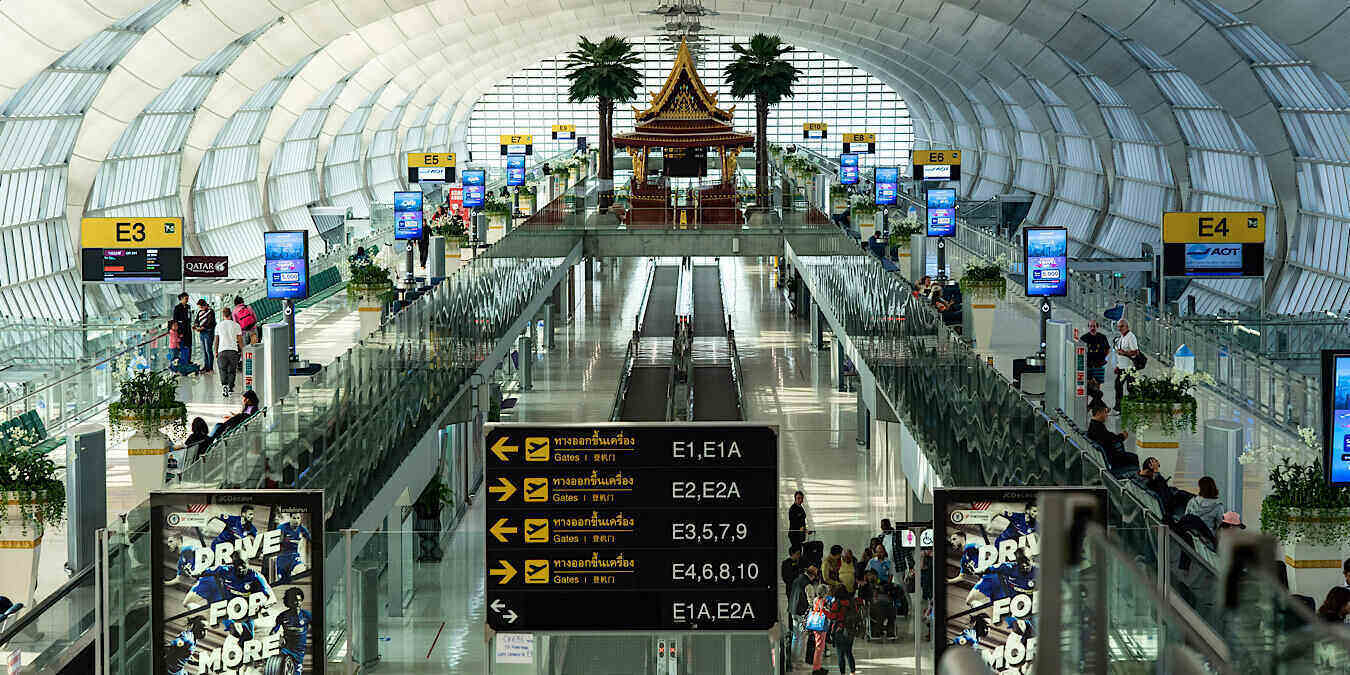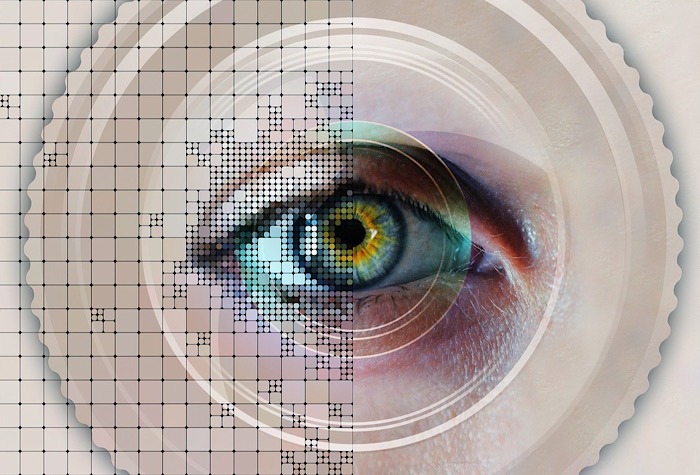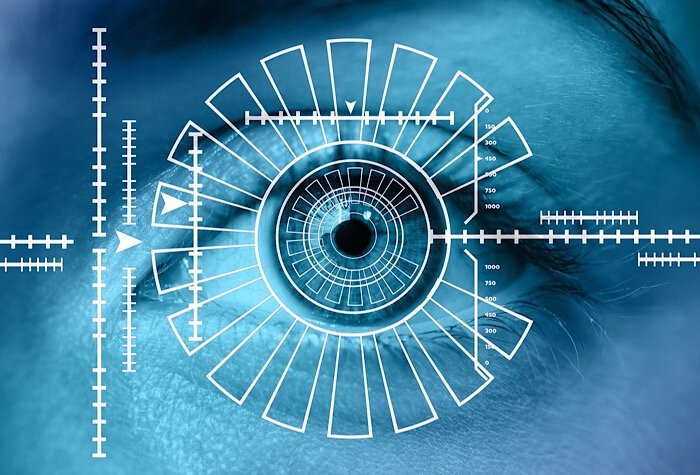
All the security we go through at airports is for one reason – to prevent terrorism. The COVID-19 pandemic, however, has brought an equal concern: health safety. We need to wear masks and keep socially distanced from each other to spare ourselves from catching the virus. This has led the Dubai airport to institute a new security measure. Not being able to do facial recognition because of face masks and a need to keep a safe distance, travelers are now subjected to iris scanning.
Dubai Airport’s New Security Measure
It’s the busiest airport in the world for international travel. This presents a clear need for travel and health safety with the sheer magnitude of people streaming through the terminals from so many different countries with all levels of COVID infection.
The airport in Dubai began utilizing iris scanning, as it would verify a traveler’s identity and allow them to keep a social distance with no human interaction necessary. It would also allow the airport to keep a watch on travelers entering and leaving the country.

This is yet another artificial intelligence effort in the United Arab Emirates to stifle the versus. However, it’s raised questions again about surveillance in this Middle East location. Experts believe there are more surveillance cameras per capita than anywhere else in the world.
Iris scanning was offered to travelers passing through Dubai last month. Those who agreed to it stepped up to the scanner, allowing it to scan their eyes. This got them through security very quickly.
Facial recognition has been relied on at many airports in recent years. Authorities contend that iris scanning improves on the system of automated gates used in other airports. The major advantage of these programs is that passengers don’t need to carry identification documents.
The Dubai airport’s system brings together the country’s leading airline, Emirates, and the Dubai immigration office. They integrate the data that the travelers carry with them throughout their travel.

“The future is coming,” said the deputy director of the General Directorate of Residency and Foreign Affairs, Major Gen. Obaid Mehayer Bin Suroor. “Now, all the procedures have become ‘smart,’ around five to six seconds.”
The Emirates biometrics privacy statement explains that people’s faces are linked to this identifying data, such as passports. It’s then retained for “as long as it is reasonably necessary for the purposes for which it was collected.”
How the data is stored and used was not explained, but the statement did claim copies of passengers’ faces were not made, yet other personal data “can be processed in other Emirates’ systems.”
Dubai’s immigration office “completely protects” the personal data of passengers to ensure “no third party can see it,” according to Bin Suroor. This doesn’t do much to calm concerns, however.

“Any kind of surveillance technology raises red flags, regardless of what kind of country it’s in,” reasoned Jonathan Frankle, a doctoral student in artificial intelligence at the Massachusetts Institute of Technology. ”But in a democratic country, if the surveillance technology is used transparently, at least there’s an opportunity to have a public conversation about it.”
The Future of Biometric Data Use
The Dubai airport isn’t the only place iris scanning is being used. Its seen use across the globe, partially due to facial recognition technology being viewed as not completely reliable, unlike iris scanning.
Still, despite questions of reliability and surveillance concerns, facial recognition seems to be expanding in UAE. Prime Minister Sheikh Mohammed bin Rashid Al Maktoum announced recently that the country would begin facial recognition trials to limit paperwork in “some private sector services.”
It seems there are two things at play that don’t appear they will be changing anytime soon. UAE will continue to use and explore the use of biometric data, and the public will continue to be concerned.
Read on to learn about vein identification as another biometric consideration.
Get the best of IoT Tech Trends delivered right to your inbox!







